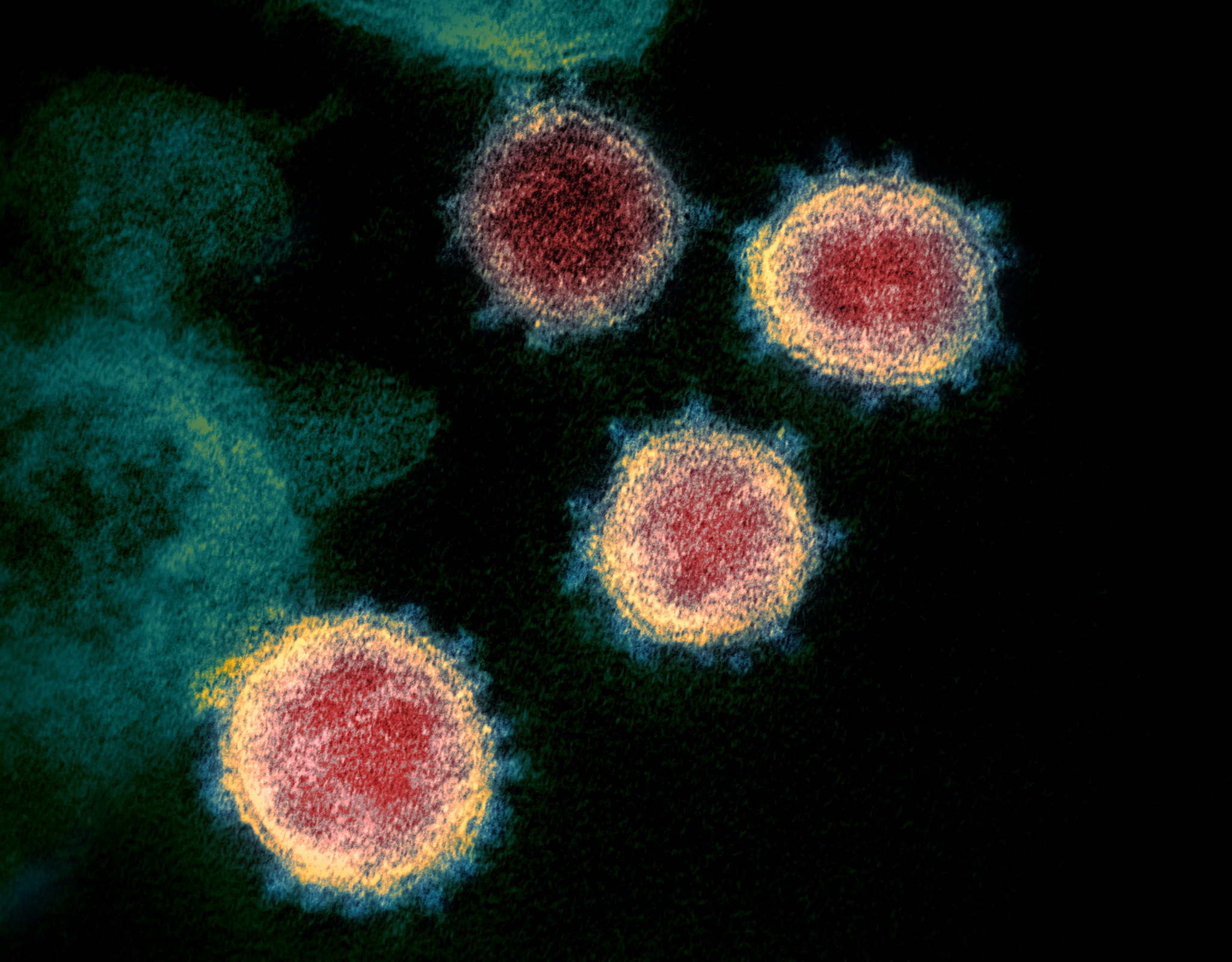Concerns emerge after AZ's lucky vaccine trial 'mistake'

AstraZeneca may have tried a positive spin on the trial mistake that led to the accidental discovery of the low dose COVID-19 vaccine regime with the highest efficacy– but the revelation has drawn a mixed response from commentators.
The company’s share price has tumbled since the announcement of the trial results from AZD-1222 at the beginning of the week, reflecting an overall loss of confidence in the company’s handling of the trial.
This was also reflected in numerous press reports that called into question the strength of the findings, particularly in the smaller group of patients who were given the lower dose.
As pointed out by the New York Times, there were fewer than 2,800 volunteers who got the more effective dose, which was accidentally given at half strength followed by a full strength dose 28 days later.
There were more than 23,000 participants in the data from the UK and Brazil, and the numbers used to calculate efficacy are lower than those used by rivals such as Moderna and Pfizer/BioNtech to calculate efficacy.
Pfizer tested its vaccine on more than 43,000 people and Moderna based its findings on more than 30,000 patients.
And then there’s the question of the deviation from the trial protocol that AZ’s research chief Mene Pangalos admitted to earlier this week.
After realising several thousand volunteers had accidentally received the wrong dose, Oxford University academics running the trial decided to press on regardless with the weaker dosing regime, breaking with the predetermined design.
As pointed out by Canada’s CBC, the change was okayed by regulators but nevertheless the stronger effect could still be a statistical quirk.
There was another confounding factor in that none of the people in the low-dose group were more than 55 years old.
Younger people would tend to produce a stronger immune response than older people, which could account for the differing results.
The decision to pool results and give a composite figure from the two dose strengths is another factor that is causing concern.
Moncef Slaoui, who leads the US COVID-19 vaccine programme Operation Warp Speed has told reports that his team are trying to determine what immune response the vaccine produced.
A separate study being conducted in the US may be modified to include the half-dose followed by a full strength booster, said Slaoui, who used to be GlaxoSmithKline’s vaccines chief.
Many reports point out that AZ's shot has an advantage in that it can be stored in fridges instead of at the ultra-cool temperatures required by those from Moderna and Pfizer.
But trial results from these mRNA-based rivals seem to be much cleaner and could pave the way to faster decisions from regulators, which could be due in the next few days.












